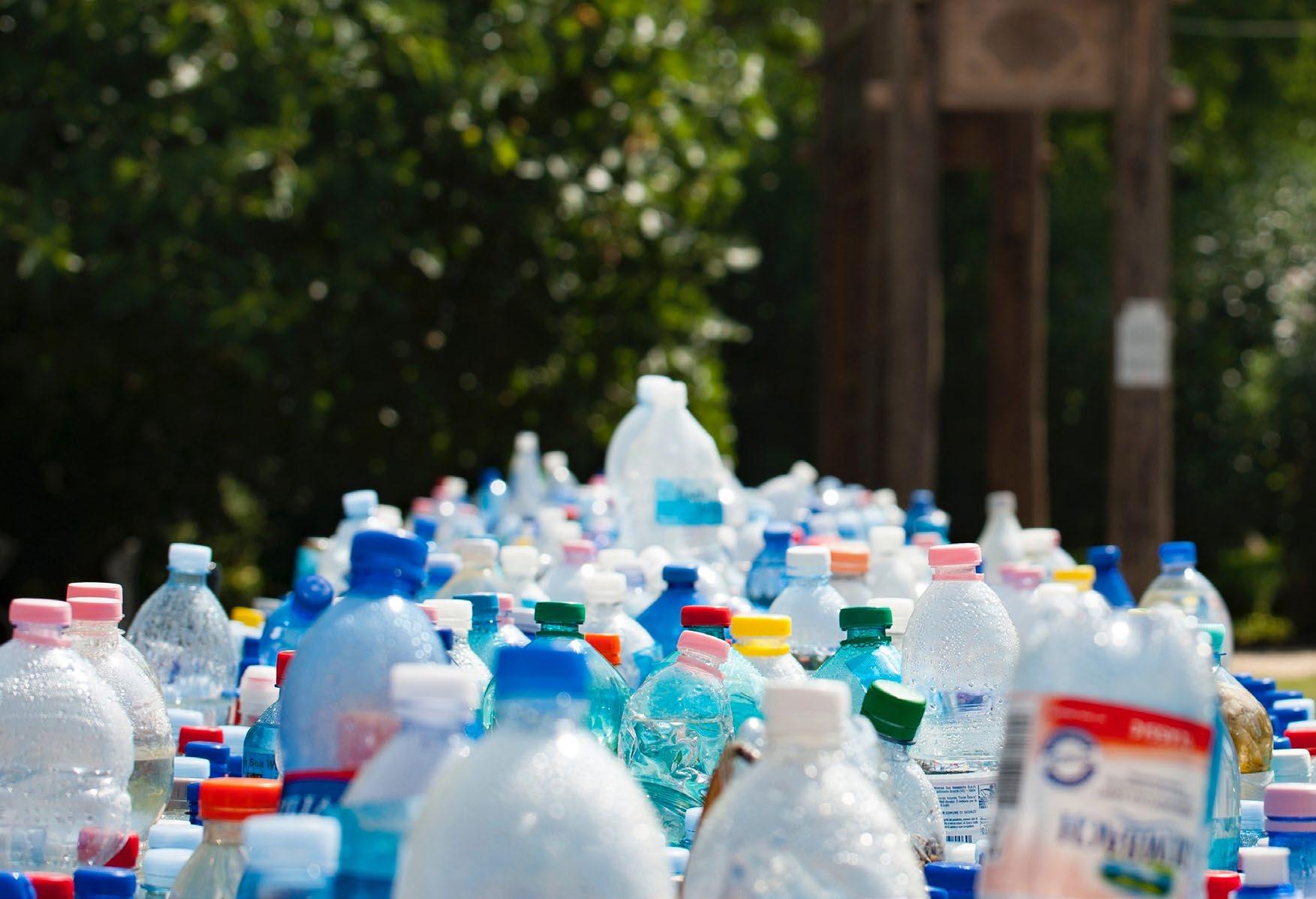
3 minute read
SUSTAINABLE SHEFFORD
ENVIRONMENT CREATING A SUSTAINABLE SHEFFORD
Contribution thanks to Nicola Dowlen & Hannah Leavy Sustainable Shefford
Advertisement
Facebook @SustainableShefford
With the dust settling on COP26 it would be easy to wonder where we all fit into doing something about climate change. But there is a lot we can do individually to make a difference. This is the focus for a small group whose aim is to share ideas and find practical ways to create a more sustainable planet. The group - Sustainable Shefford - currently has 18 members, who meet monthly to discuss ideas and increase awareness. New members are always welcome and don’t have to reside in Shefford. Sustainable living involves reducing the amount of earth’s resources that you use to help protect it - we need to become more sustainable to protect the Earth for future generations. One area of focus is how we see things we no longer need. Much of what we dispose of can be repurposed, reused, recycled, repaired, and renovated - examples include children’s toys, clothing, furniture, and bicycles. Try following some of these tips if you want to live a more sustainable lifestyle:
1. Save energy
By using less energy, you can help to reduce carbon emissions. Ways to save energy at home include switching off standby appliances, turning your heating down and hanging clothes to dry instead of using a drier. Energy meters also help to monitor your energy usage.
2. Eat less meat.
The production of meat is one of the biggest contributors to climate change. By reducing your consumption, you can help to reduce this impact.
3. Avoid single use plastics.
Single-use products, particularly plastic ones, tend to end up in landfill and the ocean, causing harm to wildlife and the environment. Choose eco-friendly alternatives, for example a reusable water bottle.
4. Donate unused items
If you don’t use a product or wear a piece of clothing anymore, give it to a charity shop so it can be reused.
5. Save water
You can save water in and around your home by making several small changes, for example only boiling the water you need and taking showers instead of baths.
6. Buy fair trade products
Fairtrade certification means a product has been produced by a company committed to sustainable production. Look out for this mark on the packaging of products you buy.
7. Don’t waste food
If you have leftovers, don’t throw them away. Save them for the next day or freeze them. Any food waste left can then be put in your food caddy for weekly collection.
8. Use eco-friendly cleaning products
Some cleaning products contain chemicals that can be harmful to the environment. Using ecofriendly cleaning products helps to prevent these chemicals from having a negative impact on the Earth.
Useful links: www.plasticfree.org.uk/community/shefford
To lick into shape
Believed to come from medieval times when it was widely believed that bear cubs were born without any shape. The mother bear must continually lick them until they are the correct bear shape. This is supported by an encyclopaedia of Avicenna (979 - 1037), an Arab physician: “Enforced as a bear doth her whelps, to bring forth this Confused lump, I had not time to lick it into form.” (Robt Burton. Anatomy of Melancholy 1621.)
To chance your arm
This phrase originated in the military. It referred to anyone who was willing to break the rules and therefore run the risk of losing a badge from their arm, e.g. a sergeant’s stripes.
Slap bang
Originally used to refer to a cheap eating house where the diner ‘slapped’ their money down as the food was ‘banged’ on the table. “They lived in the same street, walked to town every morning at the same hour, dined at the same slap bang every day.” Charles Dickens Sketches by Boz (1836).
Turn a blind eye
It is believed that this phrase originates with naval hero Horatio Nelson, who used his blind eye to look through his telescope. This way he was able to avoid signals from his superior, who wanted him to withdraw from battle. He attacked nevertheless and was victorious.











